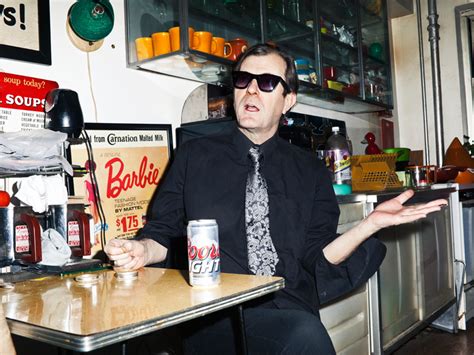A Quote by Albert Camus
When the soul suffers too much, it develops a taste for misfortune.
Related Quotes
Moreover, nothing is so rare as to see misfortune fairly portrayed; the tendency is either to treat the unfortunate person as though catastrophe were his natural vocation, or to ignore the effects of misfortune on the soul, to assume, that is, that the soul can suffer and remain unmarked by it, can fail, in fact, to be recast in misfortune's image.
It's possible to have too much in life. Too many clothes jade our appreciation of new ones; too much money can out us out of touch with life; too much free time and dull the edge of the soul. We need sometimes to come very near the bone so tha we can taste the marrow of life, rather than its superfluities.
Consider the black widow spider. It's a timid little beastie, useful and, for my taste, the prettiest of the arachnids, with its shiny, patent-leather finish and its red hourglass trademark. But the poor thing has the fatal misfortune of possessing enormously too much power for its size. So everybody kills it on sight.
Something I learned when I was very young: with cooking, it doesn't matter where you are; you can always cook. You can end up in small village in Peru where somebody's cooking, take a spoon and taste it, and you might not be too sure what you're eating, but you can taste the soul in the food. That's what is beautiful with food.
No one suffers so much as he [the genius] with the people, and, therefore, for the people, with whom he lives. For, in a certain sense, it is certainly only "by suffering" that a man knows. If compassion is not itself clear, abstractly conceivable or visibly symbolic knowledge, it is, at any rate, the strongest impulse for the acquisition of knowledge. It is only by suffering that the genius understands men. And the genius suffers most because he suffers with and in each and all; but he suffers most through his understanding. . . .









































